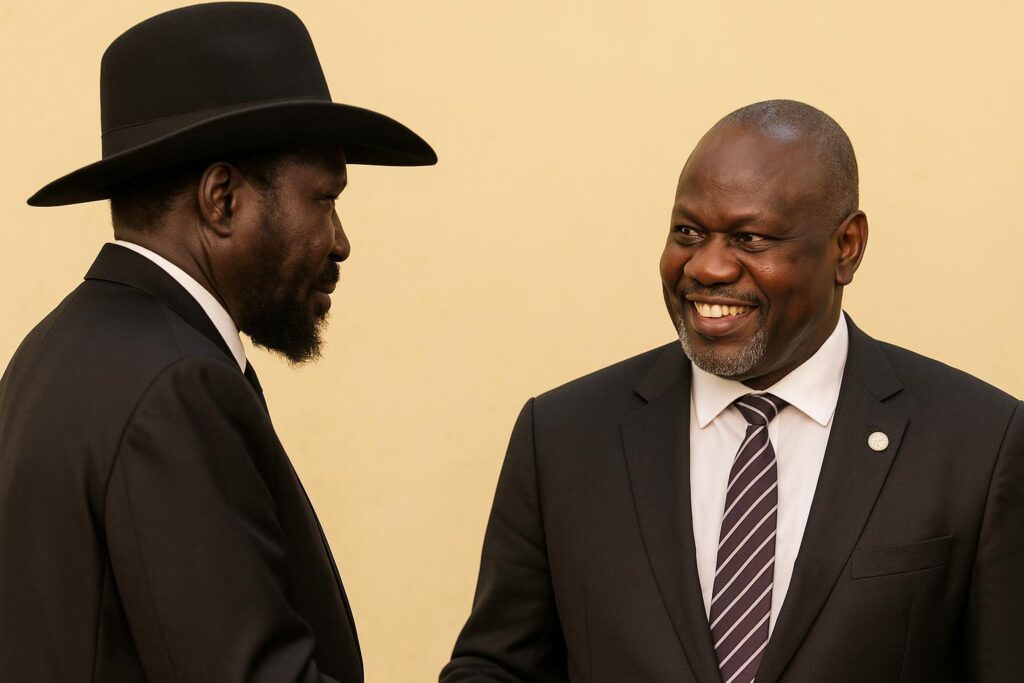UN sanctions committee urges faster peace steps
A terse statement from the UN Security Council’s sanctions committee on Friday called all parties in South Sudan to uphold the cease-fire and “accelerate implementation” of the 2018 Revitalized Peace Agreement (UNSC statement, 5 July).
The committee echoed findings from a UN panel of experts, delivered on 1 July, that warn of creeping instability if deadlines remain unmet.
Security force unification remains slow
Central to the agreement is merging government and opposition troops into a single national force. Training sites, opened with fanfare in 2022, still lack food, pay and medical care, according to several officers interviewed in Juba.
“Without a professional unified army, every local dispute risks sparking wider conflict,” cautioned Paulino Lado, an independent security analyst.
Arms embargo vigilance and resource trade risks
The committee urged all states to prevent violations of the arms embargo imposed in 2018, pointing to reports of small-arms flows via porous borders with Sudan and Ethiopia.
Customs agencies were also told to scrutinize timber and charcoal shipments; experts cited forged export papers that finance armed groups and deprive communities of forest revenue.
Regional stakes and humanitarian fallout
Nearly 400,000 people died during the 2013-2018 civil war. Today, 9.4 million South Sudanese need assistance, yet convoys face ambushes and flooding, the UN Office for Humanitarian Affairs reports.
Neighbouring states fear a return to large-scale violence could push fresh waves of refugees across already strained borders.
Political calculus for Juba’s leadership
President Salva Kiir and First Vice President Riek Machar reaffirmed their commitment to elections slated for December 2024, but Machar’s March house arrest raised doubts about genuine power-sharing.
Diplomats in Addis Ababa suggest rapid progress on constitutional reforms and electoral law could restore donor confidence and unlock suspended budgetary support.


